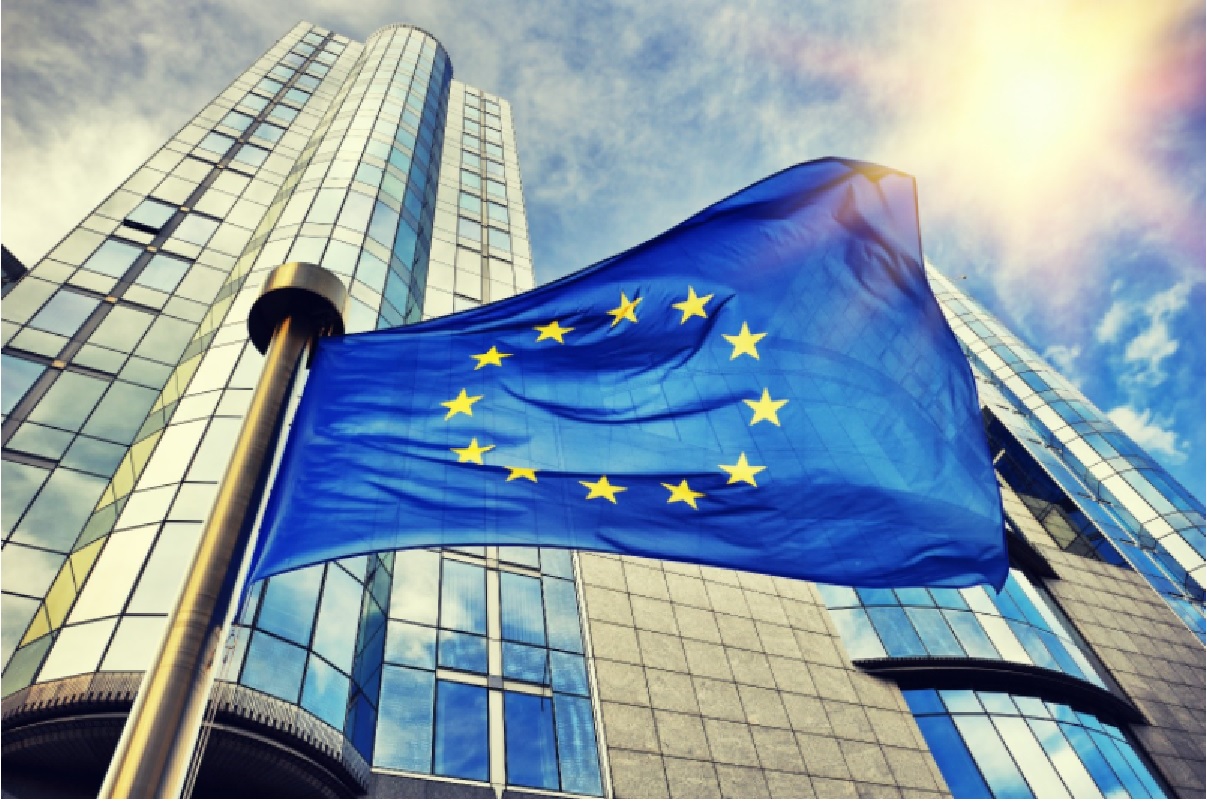On 20 June, the European Union and the Republic of Uzbekistan held the 19th meeting of the Sub-Committee on Justice and Home Affairs, Human Rights and related issues. The meeting took place in Brussels.
The Sub-Committee discussed the recent review of Uzbekistan’s constitution, following a referendum that was held on 30 April 2023. In particular, the participants reviewed the implications of the new constitution for Uzbekistan’s reform programme, and how its new provisions would be implemented going forward. The EU reiterated its commitment to support Uzbekistan in the pursuit of its reform agenda. Looking ahead to July’s presidential election, the EU emphasised the importance of implementing all recommendations made by the OSCE’s Office for Democratic Institutions and Human Rights (ODIHR) following its electoral observation missions during the previous presidential election (December 2021) and during April’s referendum.
The two sides discussed the important part played by independent civil society and free media in a democratic society, and the contribution these can make to good governance and to the fight against corruption. The EU side flagged concerns regarding plans for increased government control of NGOs receiving foreign funding, and also raised individual cases of journalists, bloggers and civil society activists in Uzbekistan who are reported to have experienced harassment in carrying out their work, including cases of arrest and imprisonment. Uzbekistan also raised issues relating to the freedom of assembly and the freedom of expression in Europe. The participants discussed the events of July 2022 in Karakalpakstan, and their aftermath. The two sides also discussed the elimination of torture and penitentiary reform, freedom of religion, gender issues, non-discrimination, and labour rights.
The two sides also exchanged views on issues including violent extremism and radicalisation, counter-terrorism, migration and border management, and the fight against illicit drugs. The EU’s cooperation and dialogue programmes such as BOMCA (Border Management in Central Asia), CADAP (Central Asia Drug Action Programme), and LEICA (Law Enforcement in Central Asia) provide an important platform for cooperation and support in these policy areas.
During its preparation of this Sub-Committee meeting, the EU met representatives of local and international NGOs, EU Member States, as well as other international partners.
The meeting was co-chaired by Mr Dietmar Krissler, Head of Division for Central Asia in the European External Action Service, and by Mr Muzraf Ikramov, Deputy Minister of Justice of the Republic of Uzbekistan.
Source : EEAS










